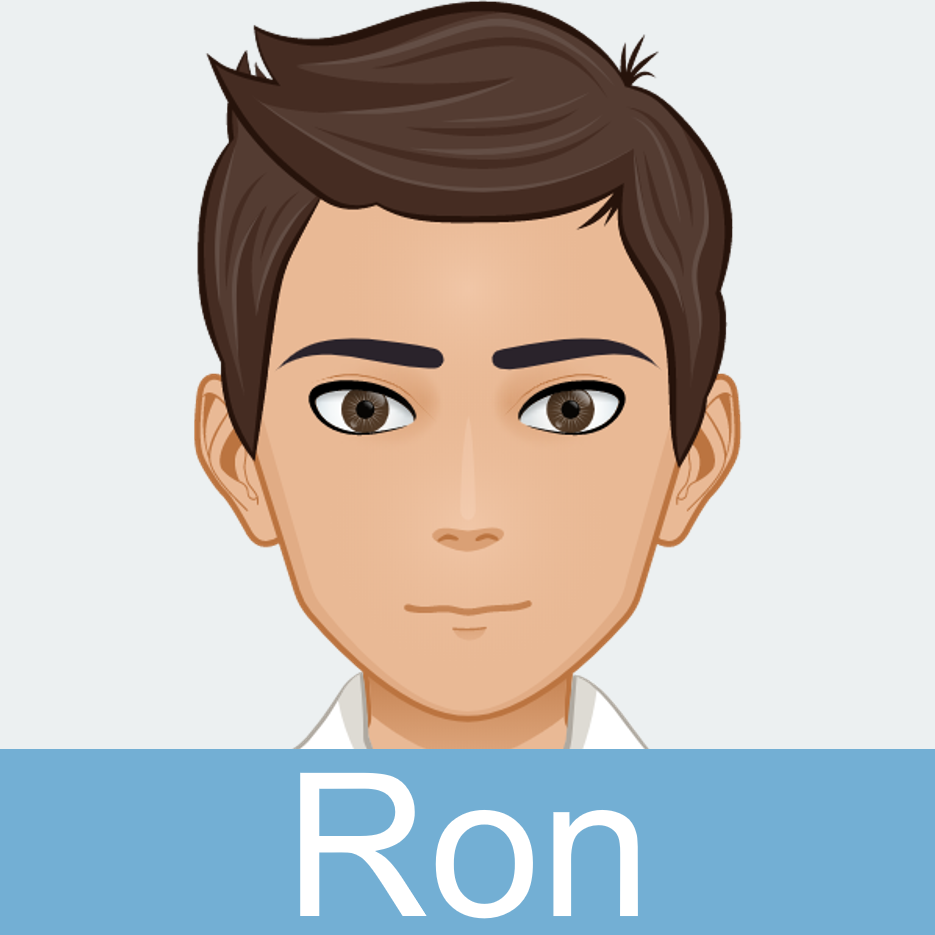WARM UP
Let’s read the dialogue. I will be Sam and you will be Alice. After reading it once, we’ll switch roles.
READ

May I borrow 500 bucks, sister? I need to have my car serviced.
|
Sure. Let me get my wallet. Here.
|

Thank you so much! You’re a lifesaver. I left my wallet at Aunt Nelly’s house. I was hoping to get it today, but my car won’t start.
|
It’s alright. I understand. Just be sure to return the money by next week. I’m on a strict budget these days.
|

Strict budget? I thought you’re getting paid well on your job.
|
Yes, I am. I’m just saving up for a room renovation, is all. |
CONVERSATION
Let’s talk. Please answer my questions. You may ask me questions, too.
ANSWER
| 1. | Do you think it’s wise to own two or more credit cards? |
| Answer: | |
| 2. | What’s the first thing you will do/buy if you were given one million US dollars? |
| Answer: | |
| 3. | What do you think are the best ways to prepare for one’s retirement? |
| Answer: | |
| 4. | What is the most expensive thing you’ve ever bought without much thought? |
| Answer: | |
| 5. | Imagine you earned a lot of money, where would you use it for and why? |
| Answer: | |
| 6. | Which is more important, the price or the quality of the goods? |
| Answer: | |
| 7. | If you were to remove some expenses in your budget, what would it be? |
| Answer: | |
| 8. | What can you advice to people who are over-spending money? |
| Answer: | |
| 9. | Name other ways in saving money without depriving yourself. |
| Answer: | |
| 10. | What do you think will happen if majority of people are over-spending money? |
| Answer: |




